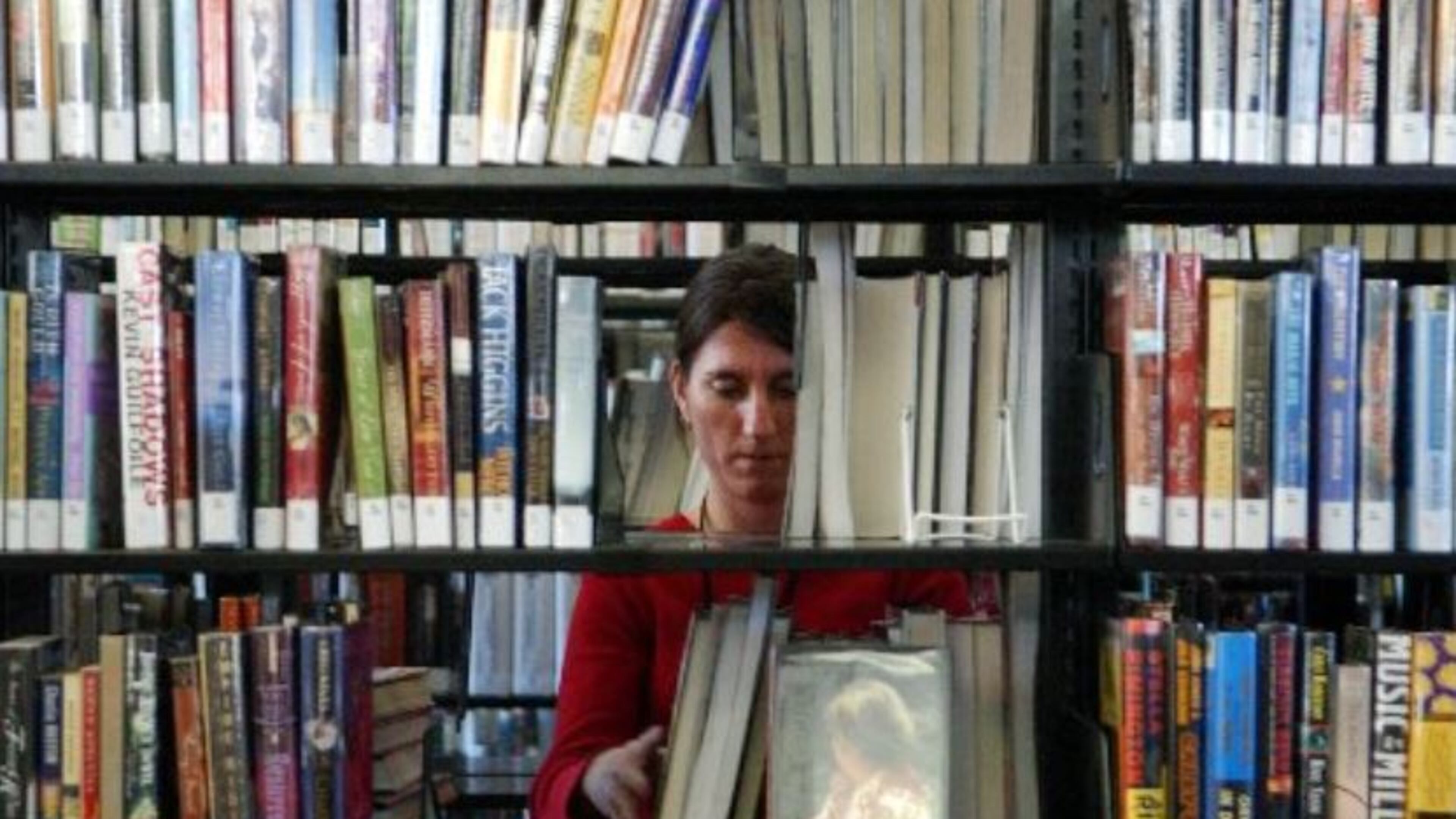Gwinnett libraries shelve Dewey Decimal system in favor of bookstore model

The Gwinnett County Public Libraries will be closed through Wednesday due to a major book reclassification that will replace the 144-year-old Dewey Decimal Classification system with more straightforward and intuitive categorizations.
"We are reorganizing our collection, moving away from the classic Dewey system, to an easier, more user-friendly bookstore model," Director of Customer Experience Michael Casey said in a statement. "We looked at our collection and decided instead of organizing everything by numbers, which has been done for over 100 years, we have decided to organize everything by words."
The movement away from the Dewey Decimal system began years ago as some libraries sought a simpler, bookstore-based classification system in their stacks.
A chief complaint: Under Dewey, books on similar subjects could be found in different places in a library. (Many universities use the Library of Congress Call Number, which is considered better suited for large libraries with deeper collections.)
Writing in the School Library Journal in 2012, four librarians at a New York private school explained why they moved to whole-word labeling, child-friendly categories, and visually compelling signs.
According to the librarians, the change made the library more accessible and thus more useful:
During the past year, in our middle-grade library (for kids in grades three to five), we've seen dramatic increases in circulation—including around 100 percent or more in our "Sports," "Countries," "Humor," and "Mystery" sections, and a spike of 240 percent in "Machines" (which includes the military and transportation). And in those always under-used sections like "Languages" and what we now call "Community" (sections of the 300s in Dewey), we've seen a jump of more than 300 percent. The early grades library, for PreK through second-grade kids, has seen similar gains in areas such as "Humor" (87 percent), "Scary" (148 percent), and "Adventure" (110 percent).
Students aren't the only ones who are enjoying the ease of navigating our collection. "I love your new system!" exclaims one of our kindergarten teachers. "I can find what I need for my classes in no time," says another. And parents are also appreciative. "My child loves choosing a book to read with me every morning," reports the mother of a young boy. "We usually start in 'Machines' and can find what we want without help. He's even begun to branch out a bit and is asking for books about space now!"
It is not just the classification system that has fallen out of favor in some quarters. So has its namesake and inventor, Melvil Dewey.
Even though Dewey is founder of the nation's first library school and co-founder of the American Library Association, the association in June stripped his name from an annual award for creative leadership in management, library training, cataloging and classification, and the tools and techniques of librarianship.
In its resolution, the ALA noted that Dewey “did not permit Jewish people, African Americans, or other minorities admittance to the resort owned by Dewey and his wife” and his censure “by the New York State Board of Regents for his refusal. The ALA also Dewey’s “numerous inappropriate physical advances toward women he worked with and wielded professional power over; Whereas during the 1906 ALA conference there was a movement to censure Dewey after four women came forward to accuse him of sexual impropriety, and he was ostracized from the organization for decades.”



